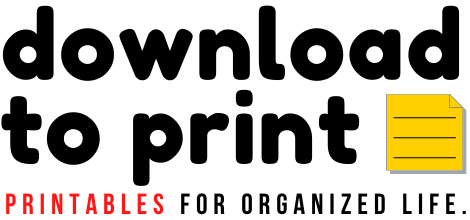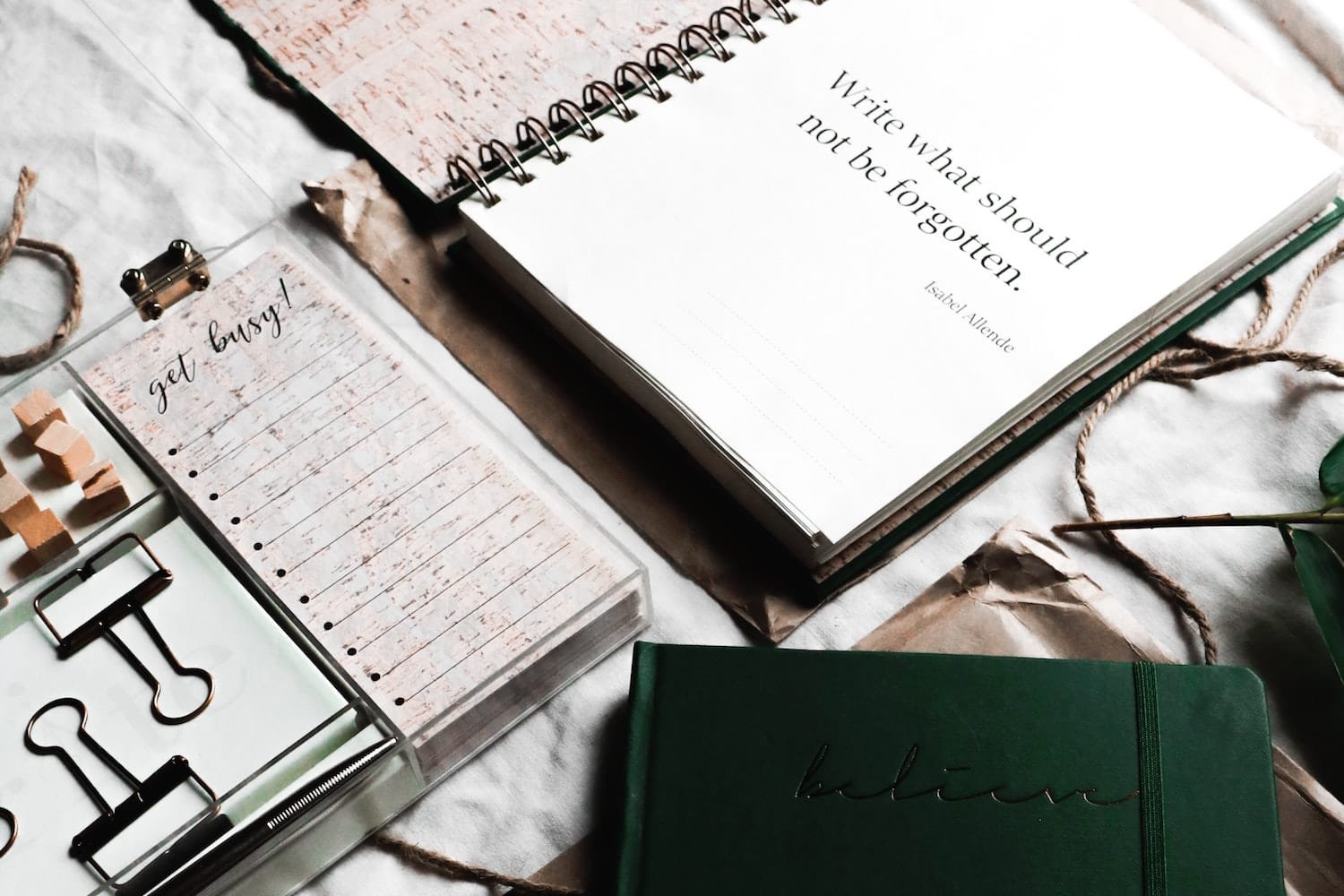For some people, a planner is enough. For others, they also need to journal every day while they use their planners to organize their life. If you need to plan out your days in advance and like to manage your schedules in one place at all times, you need a planner. If you find yourself constantly forgetting what you wanted to do today or if you are someone who needs an emotional outlet, then a journal might be the right option for you.
A journal is usually more personal and private than a planner. A planner is usually more public and professional than a journal. Journaling is the act of writing thoughts and feelings, akin to writing a diary; it can be done for personal reasons, such as reflecting on life, or for therapeutic purposes. Planning is the process of making plans or arrangements to achieve a specific goal; it includes making decisions about what and when steps need to be taken.
Many people who journal are also planners, but only a small percentage of planners are journalers. A planner can be used as a substitute for a journal, but it will never be able to capture all of the emotions that are present in your day-to-day life. You need a journal for that because a journal is more than just for writing down tasks; it’s also about self-care and reflection.
Most of the time, however, journaling and planning go hand in hand. The journal is where you write down your thoughts and feelings, while the planner helps you stay on top of your day-to-day responsibilities. Some people use journals as planners, with their daily tasks written at the end of each day, while others use planners as journals, documenting their thoughts alongside their recording of goals.
Is one method better than the other?
The debate over which is better, journals or planners, has been going on for years. Some people might think that one method is better than the other, but it really depends on what you are looking for when writing about your usual activities and life experiences. It is up to you which method you choose, but it is important that you find the one that works best for you so that your life will be more organized and manageable.
Some people prefer journaling because they can use their own words and thoughts to record what they remember happening in their day. On the other hand, some people prefer a planner because of its simplicity and convenience.
While both methods have their pros and cons, journaling is the better option for those who want to manage their time in a more flexible manner; journals are more flexible because they can be used to write anything, while planners are more structured and have a set of goals.
Other people find planning easier than journaling because they don’t have to worry about what they’re thinking or feeling when they’re doing it; some people find it difficult to write if they’re too attached to their thoughts and feelings to be able to talk about them.
For people who are just starting out, journaling is the best way to get started. It’s easy, unstructured, and more informal. If you’re looking for a method that will help you stick to your goals, however, then a planner is perfect for you.
Regardless of which one you pick, both methods have their pros and cons. It all depends on what your needs are and what works best for you.
How does a journal compare to a planner?
A journal can be more personalized than a planner because you can use it to record any kind of information that you want. In contrast, a planner is usually organized by dates and contains only certain types of information; a planner is more structured than a journal.
Journals are also more personal than planners because they are typically written in the first person, whereas planners are typically written in the third person. That’s why journals are more informal than planners—they can be used for anything from recording what you ate today to what you think about the latest episode of your favorite TV show.
In terms of writing style, journals are frequently written in the past or present tense, while plans are usually written in the future tense. There are no hard and fast rules about this.
The Benefits of Using a Journal and Planner in Combination
When you use a journal and a planner in combination, you get the best of both worlds. You can use the planner to keep track of everything that is going on in your life while also using the journal to reflect on what you have written down.
Essentially, journaling with planning is a great way for people who like both activities to do them at the same time. It also allows those who are not journalers or planners by nature an opportunity to try both of them out in order to figure out which one they prefer.
The two work well together because they are complementary in nature. Combining them helps you to create your own personalized records of self-reflection and goal-setting so that you can live more organized and clear-headed. Use them in a complementary way to help you manage your thoughts and create a more fulfilling life.



